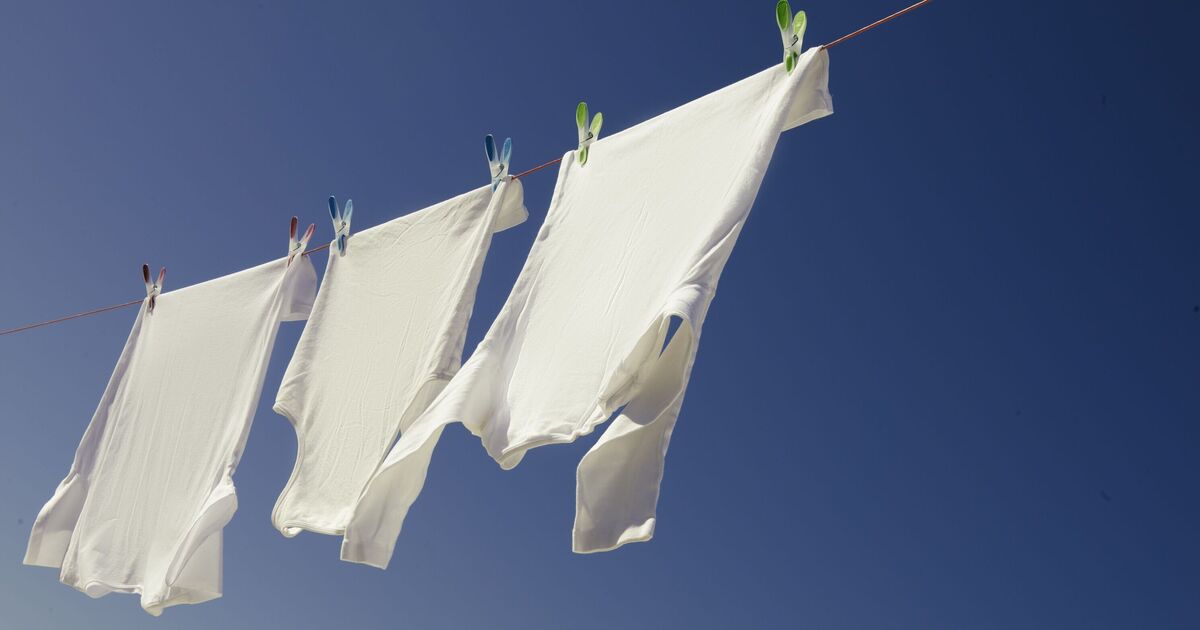
Remove pollen from clothes with minimal fuss method that avoids making it worse
Published: 2025-04-04 08:51:59 | Views: 13
As the temperature rises and spring sets in, more flowers will start to bloom. However this comes with the added annoyance of pollen floating through the air and staining clothes.
Not only could this ruin your clothes, but it could exacerbate any hay fever symptoms. When it comes to pollen stains, they can be tricky to remove and potentially costly. To help make sure your clothes return to their original state, the Home Insurance team at Compare the Market asked textile expert Barbara Stern for her tips on how to remove pollen stains and prevent any further damage.
Anna McEntee said:"Pollen stains can be tricky to remove, but with the right approach, they don’t have to be a lasting problem."
Pollen from flowers can leave yellow or brown stains on furniture, carpets, and clothing.
To help you avoid any pollen-related mistakes, textile expert Barbara Stern shared her top tips to prevent it from worsening. They include:
- Shake and brush off pollen. Firstly, take the garment outside to gently shake or tap off loose pollen, then use a soft brush to remove any remaining particles before cleaning.
- Pre-treat with a cool water solution. Use a gentle stain remover or a mixture of liquid laundry detergent and cool water to treat the stain for ten to 15 minutes before washing.
- Wash in cold water. Wash the garment in cold water to prevent the stain from setting. It’s important to avoid hot water as it can bind the pollen to the fabric.
- Vacuum and blot for furniture. Use a vacuum with a soft brush attachment to remove loose pollen, then blot the stain with a mild detergent and water solution on a clean cloth.
- Test cleaning products first. Always test any cleaner on an inconspicuous area to ensure it won’t damage the fabric or colour, especially for delicate materials.
As well as making sure you’ve removed the pollen effectively, the experts have also explained all the ways in which your cleaning techniques could be making the stain worse.
Firstly, you should avoid the temptation to rub or scrub the pollen. This pushes pollen deeper into fabric fibres, making removal harder. Instead, lift it with a vacuum, tape or a lint roller. You also need to be careful when you add water to your clothes.
The experts explained that moisture, especially when it’s warm or hot, can spread or set the stain. Instead, dry-clean pollen first with sticky tape or a lint roller.
If some moisture is needed, use a mild detergent with cool water by blotting, not scrubbing. You should also avoid using harsh chemicals to help clean the pollen.
Avoid bleach-based cleaners as this can damage delicate fabrics. Also avoid heat-drying as this could set the stain permanently, so opt for air-drying instead.
Anna added: "Having accidental damage cover as part of your home insurance policy – it’s usually an optional extra you can add – may offer you extra peace of mind and could help to cover the cost of professional cleaning or even replacement if a stain or spill causes lasting damage. However, it’s recommended you consider any excess costs on your policy to determine whether making a claim is worthwhile."
Source link







